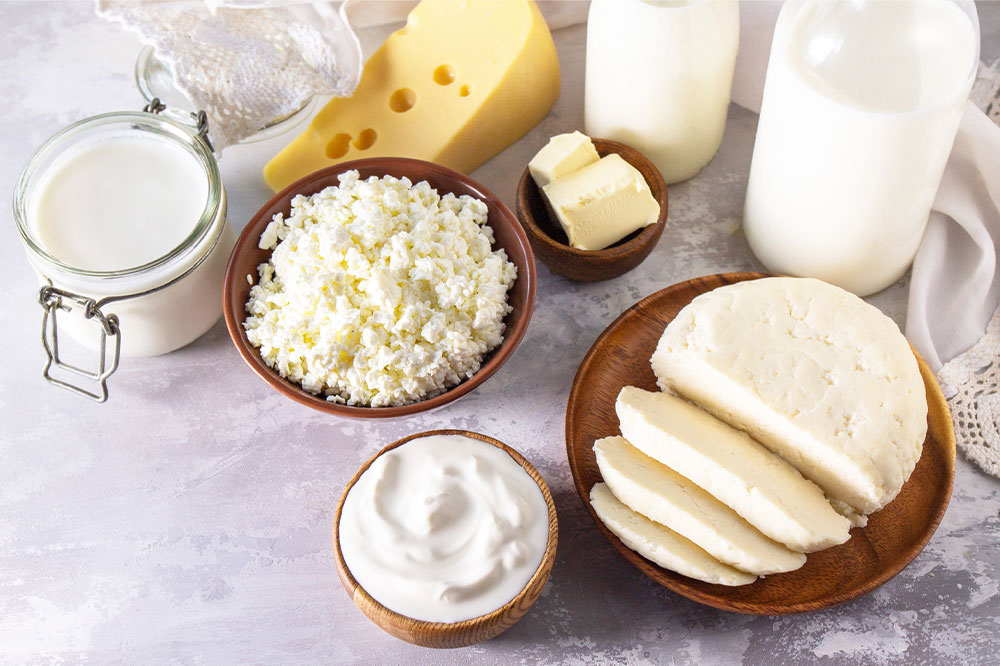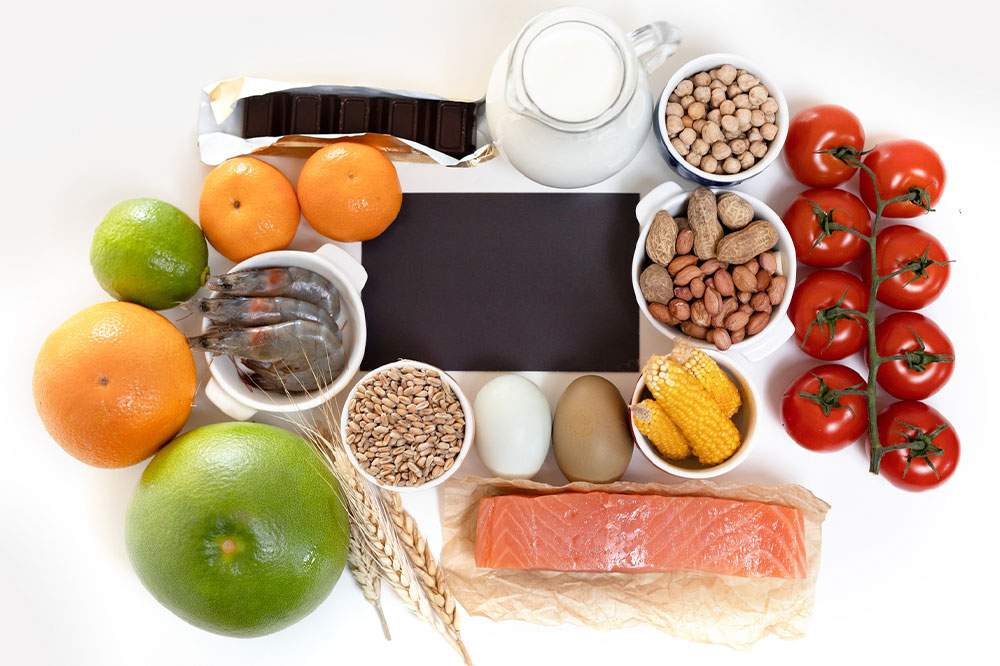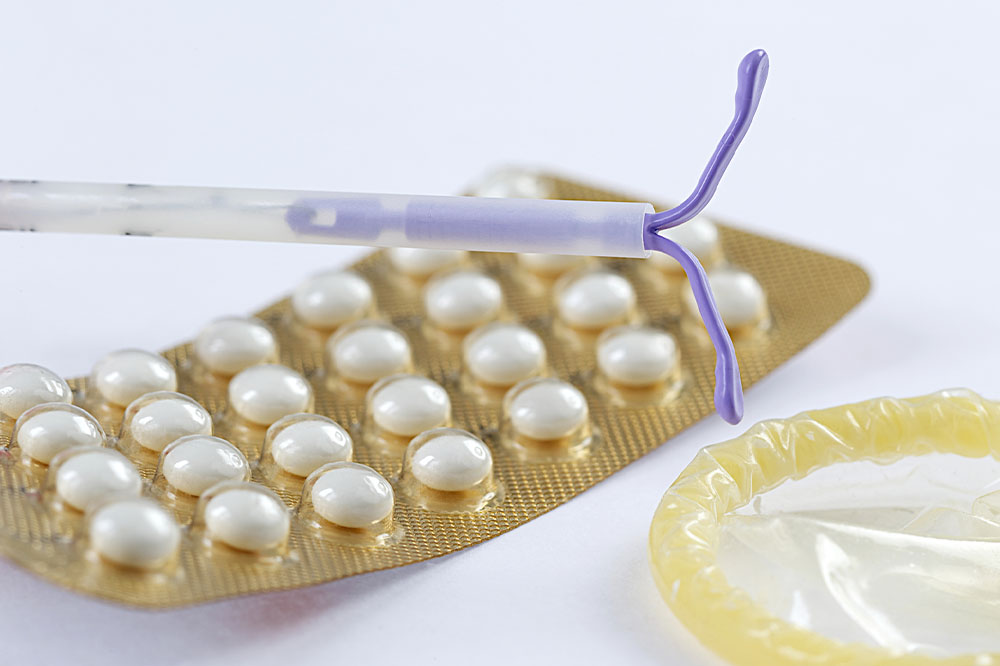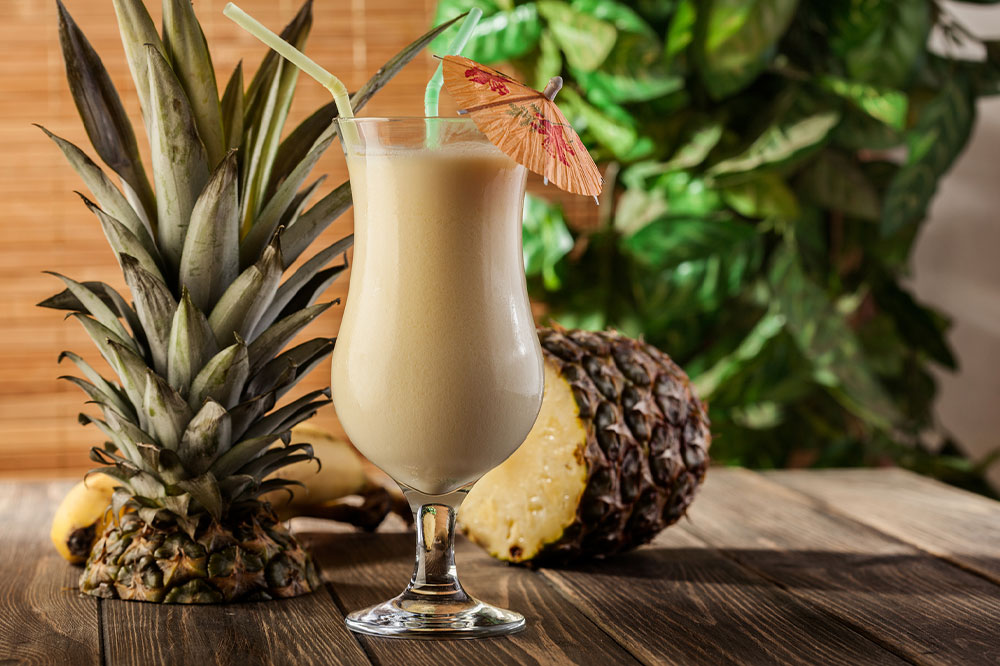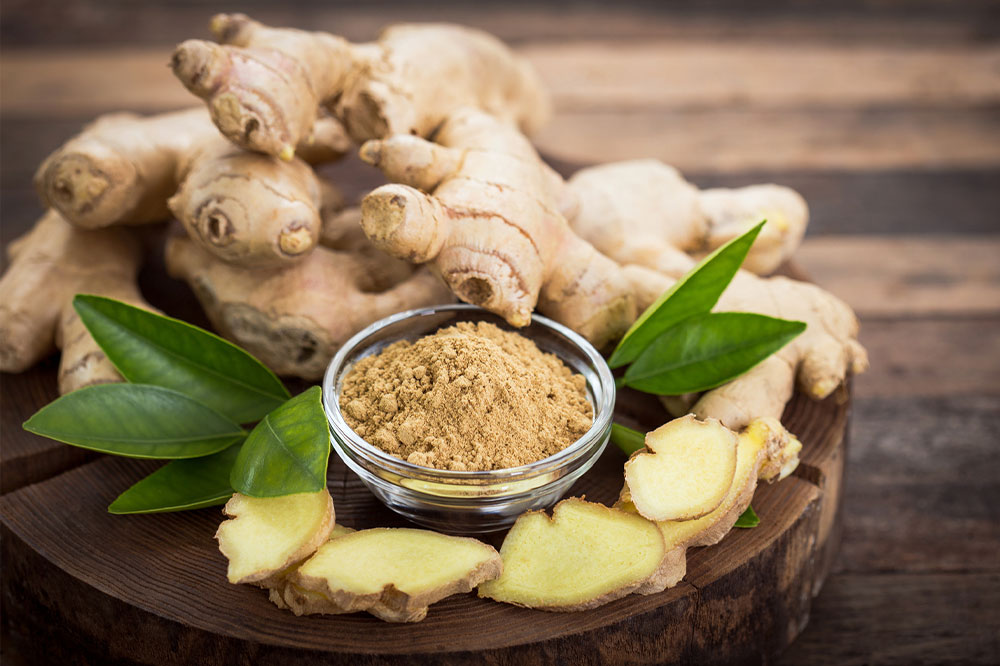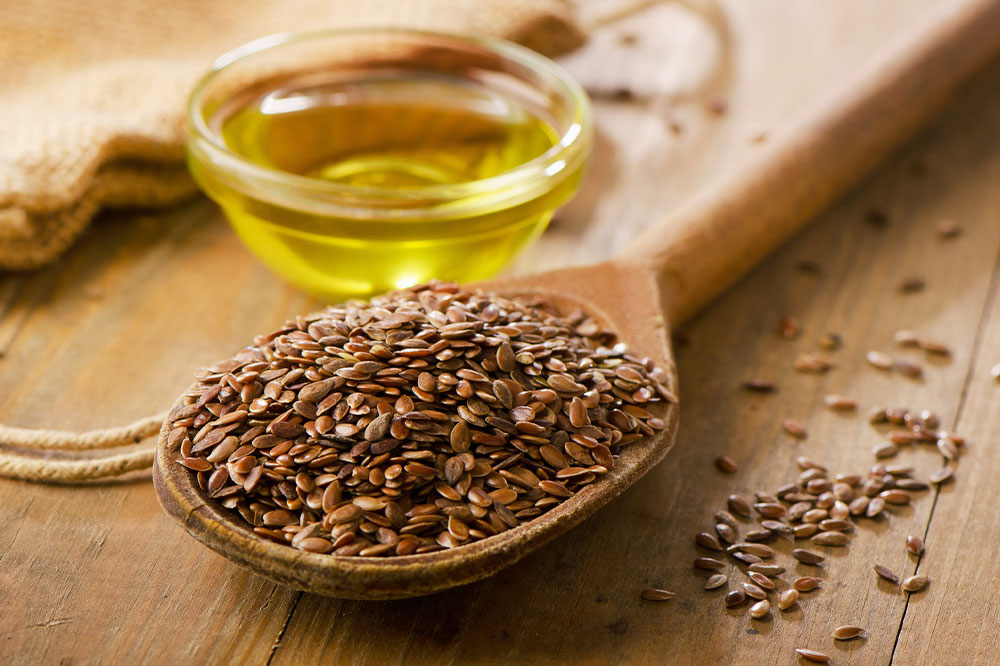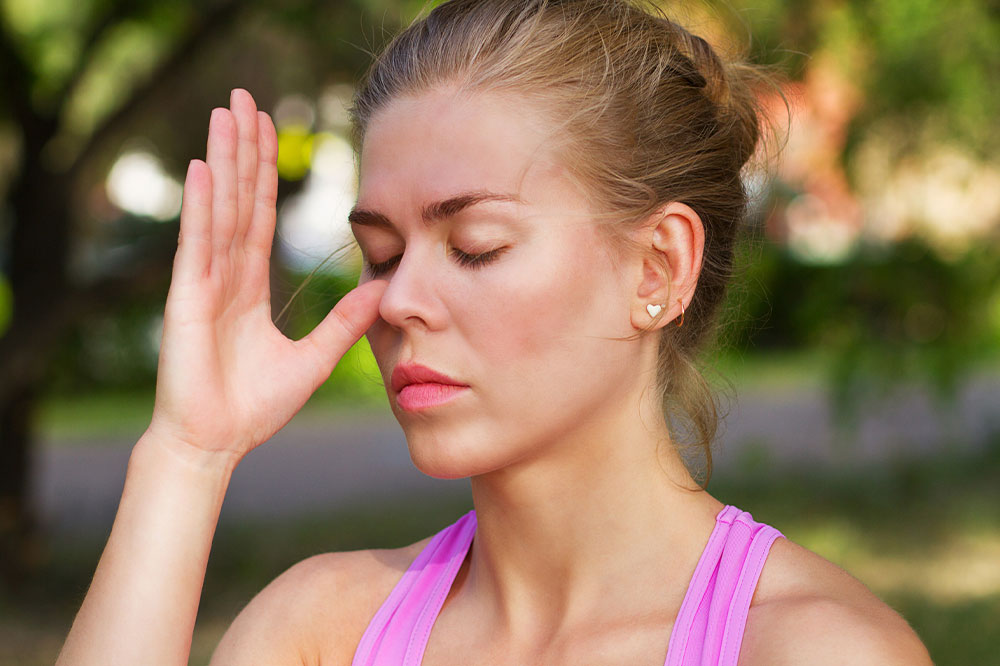
6 exercises for better migraine management
Migraine is a neurological condition identified by recurrent episodes of moderate to severe headaches and differs from regular headaches. Symptoms like sensitivity to sound and light, vomiting, watery eyes, and nausea accompany migraine headaches. While multiple treatment options exist for migraines, there is no known cure. However, it is possible to manage the condition with the help of food and lifestyle changes. Multiple forms of exercise also help in better migraine management. Tai Chi This is a fluent form of martial arts that combines fluid movements and deep breathing and is an effective form of exercise to help with migraine pain. Since stress is a common migraine trigger, it can help patients manage their symptoms. It also effectively reduces blood pressure and improves the patient’s overall health. Pilates Pilates helps strengthen the core muscles, improves body posture, and promotes relaxation. In addition, it can help relax and decrease the frequency and intensity of migraines. This improvement in posture and muscle relaxation may contribute to reducing migraines. Strength training Muscle tension and poor posture can both contribute to the list of migraine triggers. Strength training exercises like resistance band training or weight lifting can help with both problems. Building a strong neck can also help reduce the likelihood of tension headaches by providing better support for the neck and shoulders.
Read More 